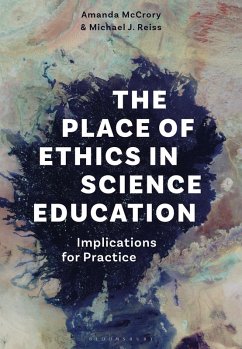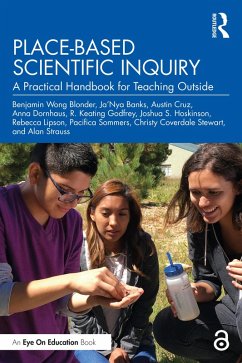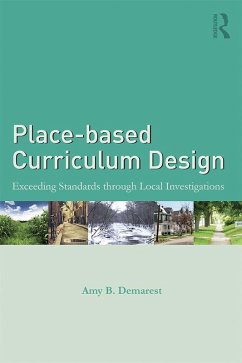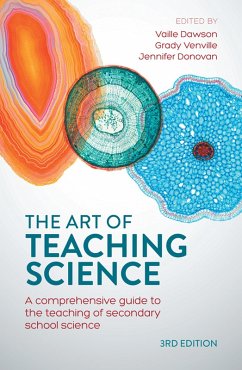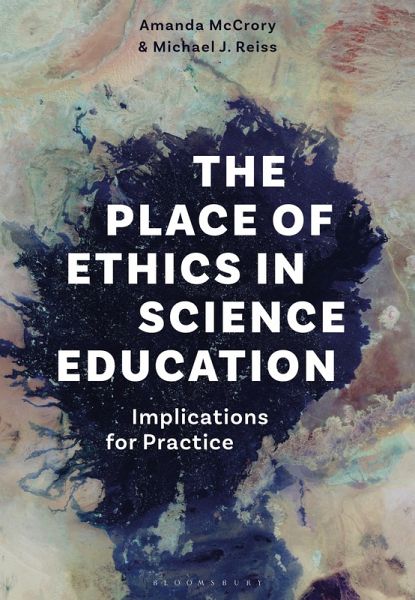
The Place of Ethics in Science Education (eBook, ePUB)
Implications for Practice
Versandkostenfrei!
Sofort per Download lieferbar
21,95 €
inkl. MwSt.
Weitere Ausgaben:

PAYBACK Punkte
11 °P sammeln!
Science education, particularly school science education, has long had an uneasy relationship with ethics, being unsure whether to embrace ethics or leave it to others. In this book, the authors argue that while the methods of science and of ethics are very different, ethics plays a key role in how science is undertaken and used. And so, ethics has a central place in science education, whether we are talking of school science education, for students of all ages, or the informal science education that takes place in through internet, books, magazines, TV and radio, or in places such as hospital...
Science education, particularly school science education, has long had an uneasy relationship with ethics, being unsure whether to embrace ethics or leave it to others. In this book, the authors argue that while the methods of science and of ethics are very different, ethics plays a key role in how science is undertaken and used. And so, ethics has a central place in science education, whether we are talking of school science education, for students of all ages, or the informal science education that takes place in through internet, books, magazines, TV and radio, or in places such as hospitals and zoos. Written for science educators based in schools and elsewhere, the authors make no assumptions that the reader has any knowledge of ethics beyond the background understandings of morality that virtually all of us have. Empowered with the knowledge shared in this book, readers will feel confident about the place that ethics has in science education. The authors provide a rich array of examples as to how science education, both in school and out of school, and for all ages, can be enhanced through including teaching about ethics.




